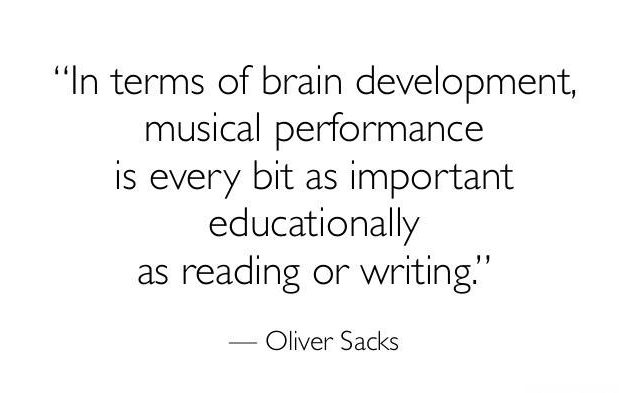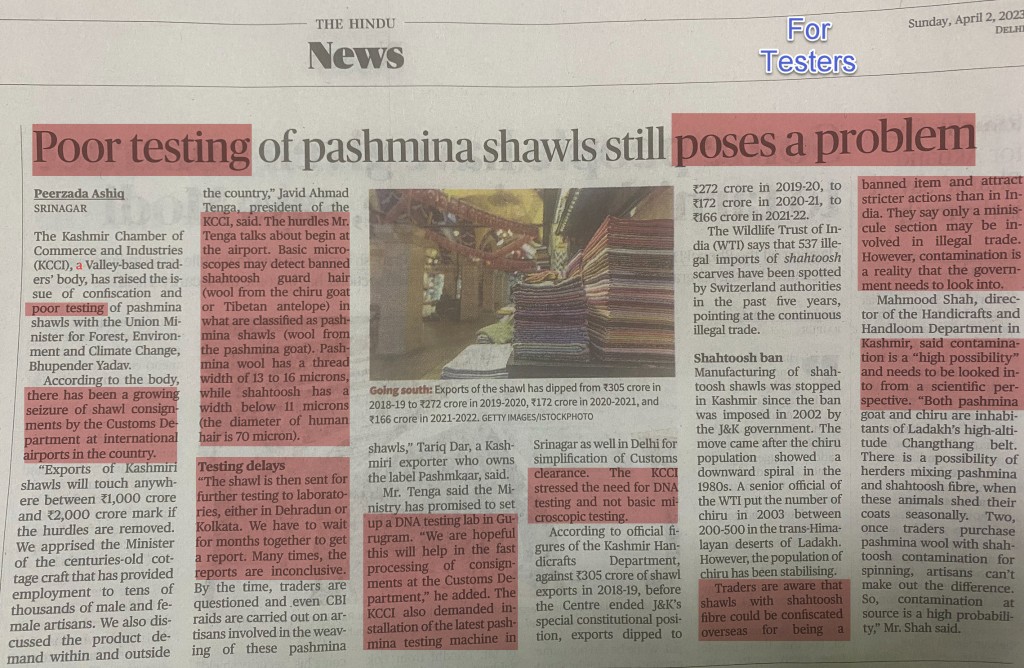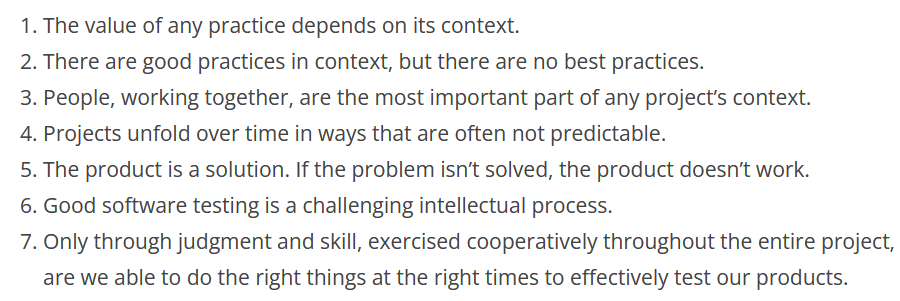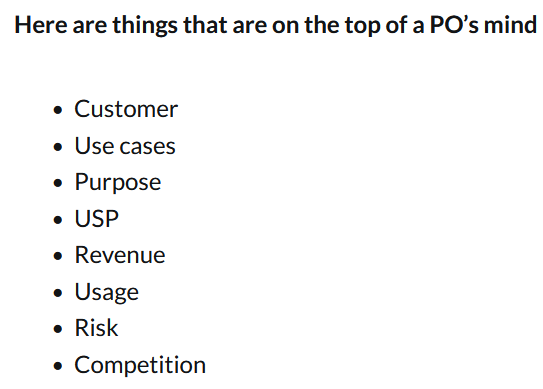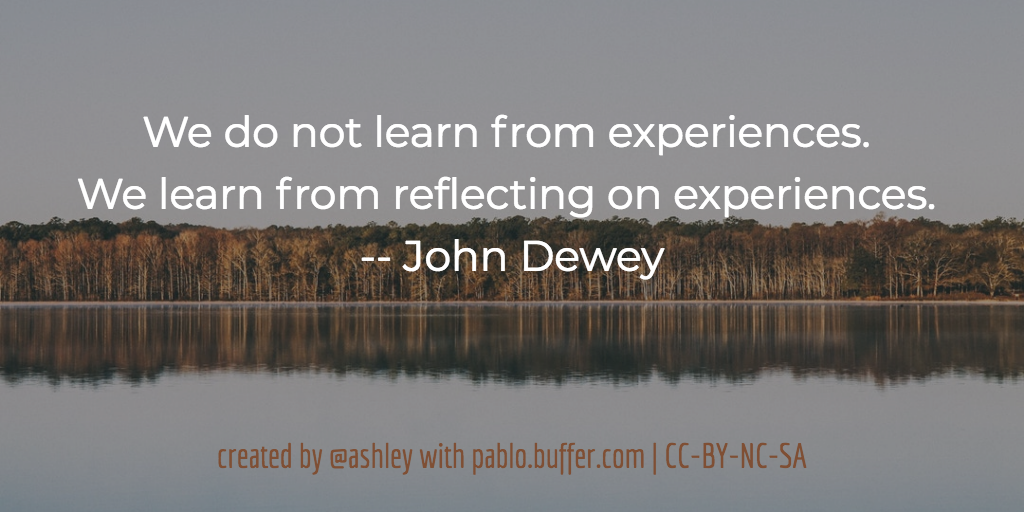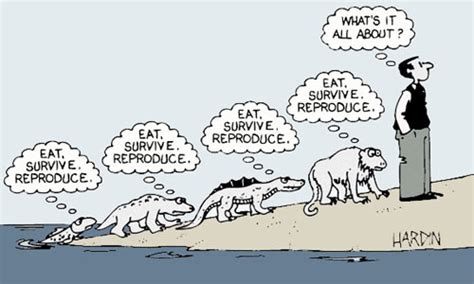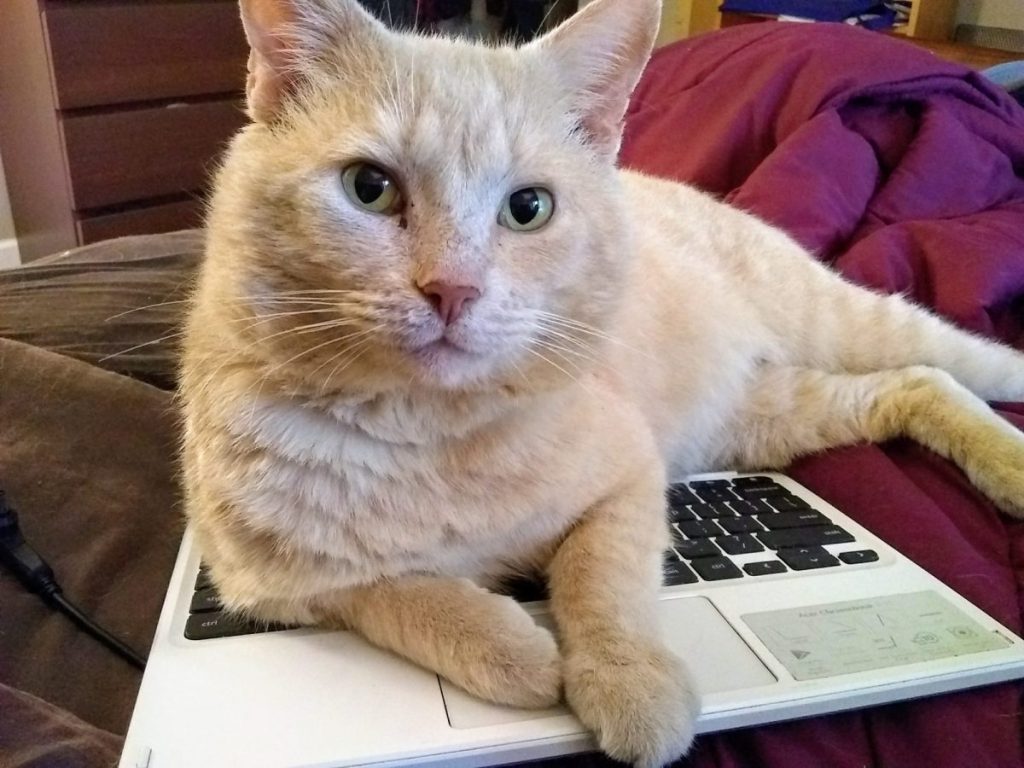If you haven’t watched this interesting movie ‘The Matrix’ at least once, let me copy/paste one of the plot summaries.
Hooked into the Matrix without even knowing it, an elaborate, omnipresent computer system designed to manipulate free will, reclusive hacker Thomas Anderson, aka Neo, is about to have an eye-opening revelation. And haunted by burning, unspoken questions, Neo crosses paths with leather-clad cyber-rebel Trinity and inspirational leader Morpheus, who claim to hold the answers to the reality of his imprisoned existence. Little by little, as Neo tumbles down the rabbit hole, the shocking truth about an artificial dreamland unfolds, catching the attention of the Agents: sentient programs guarding all the doors. But with people so hopelessly dependent on the system, what will it take to unplug and escape the Matrix?
Courtesy: Rick Nigaras @ https://m.imdb.com/title/tt0133093/plotsummary/
If you have watched ‘The Matrix’ and paid attention to those periodic and profound conversations between Morpheus, Neo, Oracle, Trinity and Agent Smith, well and good.
I dared to imagine such a ‘The Matrix’ in the software testing world. There are a handful of Morpheus, Neo, Trunk, Trinity and unfortunately there exist Cyphers and agents like Smith too.
Few important things to note is the context of this post.
Morpheus is not looking for Neo!
It is a curious, confused, concerned and somewhat manipulated Neo, who is looking for Morpheus.
But Neo probably may be ‘The One’.
Alas! very often Neo finds himself meeting Cypher and Agents. 😉. Many Morpheus know many such Neo for sure and trying to make them aware about ‘The Matrix’ in various ways.
As far as the original movie is concerned it took roughly an hour for Morpheus to convey Neo one important life lesson. The lesson was something like this.
‘I can show you the path, walking the path is your job’.
Even when Neo went to meet Oracle and Morpheus stayed outside and repeated similar words. The ultimate message of this post is also the same.
For the moment let’s two of us (you the reader and me) play miniature versions of Neo and Morpheus of the software testing world. Who of us plays who doesn’t matter much.
Let me first try to define ‘The Matrix’ and ‘A hopefully realistic world’.
The Matrix – ‘An illusive yet so realistic world of misinformed QAs (software testers) who started believing into Manual vs Automation.’
AND
A hopeful realistic world of ‘Software testing that embraces good thinkers who choose to code and use automation to help them test smartly and wisely’.
So, the question that a curious and somewhat confused Neo asked to someone else (on LinkedIn).
So far, I am a Manual QA, how can I switch from manual QA to Automation QA?
I read the above question multiple times.
Assumptions: I made five key assumptions as far the question is concerned…
- QA implies or means Testing.
- Our Neo, the QA persona, seems to be working in an organization where QA is performed, and the QA may or may not be integrated within an org level QA (Quality Assurance) framework.
- Neo seems to be in a dilemma of ‘Manual’ vs ‘Automation’. Source of the dilemma could be anything.
- Switching could mean a permanent move or may be acquiring an ability to switch between Manual and Automation back and forth.
- Neo knows better about her dilemma, feeling uncomfortable and unsettled and hence seeks answers.
I made many interpretations too and formed a handful of reactions and responses. Finally, coming out of analysis-synthesis paralysis zone and selecting from five different possible ways, I chose to respond in the following way.
Let me gently pull and push the questioner in a necessary process of analyzing her question first and then start constructing a set of answers for herself.
If I were Morpheus, I would have offered Neo a red pill or a blue one. The red pill can take Neo out of the matrix, and if Neo choose the blue pill, he stays in the world of manual v/s automation.
…if Neo feels like “Alice in Wonderland, falling down the rabbit hole.” He explains to Neo that they exist in the Matrix, a false reality that has been constructed for humans to hide the truth. The truth is that everyone in the world is a slave, born into bondage. Morpheus holds out two pills. In his left palm is a blue pill. If Neo takes it he will wake up in his bed and “believe whatever you want to believe.” But if he takes the red pill in Morpheus’s right hand, then “you stay in Wonderland and I show you how deep the rabbit hole goes.” Neo takes the red pill… [Courtesy: https://m.imdb.com/title/tt0133093/plotsummary/]
Suppose you are Neo and chose to take a red pill. The act of making a choice, picking up and swallowing down a red pill indicates that Neo is willing to come out of the Matrix. Now here are a few steps to follow and before you do so, I say this to you.
‘You have to let it all go, Neo. Fear, Doubt and Disbelief. Free your mind.’
So do following activity with a free mind…
Step 1: Since you seem to declare ‘I am a Manual QA’, please first help yourself finding what is ‘Manual’ in you or your QA process.
How to do this?
Step 1.1: Narrow down your entire QA process to Test Design and Test Execution. Remember that I am talking about you and your process of performing QA (see my assumptions). Don’t confuse it with QA (Quality Assurance).
Step 1.2: Identify, for yourself first, and label what looks like a ‘Manual’ effort or a task or a behavior to you? Do it for Test Design and Test Execution. You should further narrow down by splitting Test Design further into [Test Case Design, Test Data design, Test Scenario Design and whatever suitable to fill your current Test Design activities array].
Step 1.3: In all your honesty and with a free mind, write down for each of the activities, what you think, feel, and factually know that is Manual. e.g. Typing test cases?
Step 1.4: Also write down what you find is / can’t be ‘Manual’. e.g. Thinking of an edge case?
Go to Step 2 only IF (You have completed above step(s) AND You have written it AND You are at least 50% sure that you are right about it) ELSE (Go Back and complete Step 1)
Step 2: Write down what is NOT the problem and what is THE problem with this ‘Manual’ in QA?
Step 2.1: Be positive and write top 5 things that make you feel happy about your Manual QA style, process and achievements so far.
Step 2.2: What are the top 3 things, in each of the categories mentioned below, that you think or firmly believe or have data to prove that something is wrong with your manual QA. When you think of Wrong, think Wrong,
- For you in the present
- For your current QA process
- For software under test
- For your team
- For your organization
- For you in the near future
Step 2.3: Write down what you think Automation is. Don’t think too much. Just what you currently know about Automation and how it can be helpful for your day-to-day testing work? Also write what ‘Manual’ work you think you should give to tools and what tools those can be?
A gentle yet firm reminder:
When you are on 2.3, you may be offered a yellow pill from the same or other Morpheus. They have a Yellow Pill of some roadmaps.
The yellow pills can be something like ‘Here is a roadmap for switching / jumping from Manual to Automation’ Many such roadmaps lead you to the world of Web GUI Automation. This seems beautiful from outside but as long as you carry the baggage of ‘Manual vs Automation’, you will find yourself in another Matrix sooner or later. You may also find yourself asking similar vague questions of ‘switch’ from X to Y to Z to … next time too.
Remember:
Those roadmaps can be contextually useful but only after taking the red pill and walking the path and coming out of The Matrix of Manual v/s Automation.
An alert:
You may also find some Agent Smith around you either in the organization or on social media who almost always try to give you either an expired yellow pill or a shiny blue pill because they manufactured those and want to sell those pills to you without telling its long-term bad side effects. These blue pills, in many shapes and sizes, if not harmful to your body in the short run but will be very unhealthy to your overall thinking and performance in software testing.
So far so good?
The real Morpheus and oracle, know the source of the red pill and they give you the pill for free, but you need willingness and guts to swallow that down and that’s just a prerequisite.
I stop here because there was another important lesson from Morpheus.
Knowing the path is one thing. Walking is another and that makes all the difference.
I suggested one path.
The path of questioning your own understanding of Manual QA and pen down your answers.
Take this path and see how it helps you or not!
P.S: I can give you names of a few real Morpheus, Oracle, Trinity, Trunk and others to follow on LinkedIn, Insta, YouTube but only if you ask! Looking forward to seeing a Morpheus or Neo or Trinity or even a Cypher come here and comment on my imagination and addressing a burning issue in this manner.



